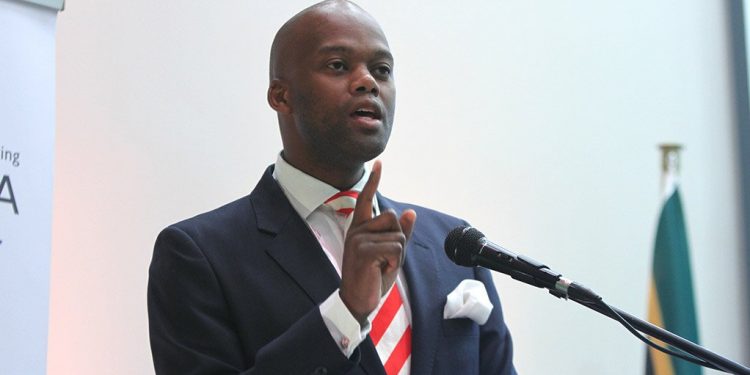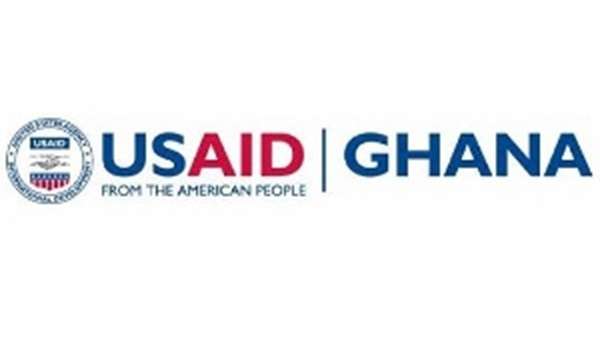Wamkele Mene, the Secretary-General of the African Continental Free Trade Area (AfCFTA), has called on stakeholders to apply liberalization on the continent in light of the commencement of free trade on January 1, 2020.
According to him, breakdown of trade barriers for countries under the trade agreement deal will take some time to materialize, as such, stakeholders must ensure regulatory and tariff barriers do not become an impediment to the success of the trade agreement.
Mr. Mene further intimated that, signatories and other stakeholders to the trade agreement, are privy to the period of protectionism in the various countries.
“This agreement has only entered into force recently, so it’s going to take some time before the aspirations of the agreement which is to break down all barriers to trade on the African continent is fully realized. But we have a good starting point.
“The rules of the agreement are very clear when it comes to breaking down barriers to investment on the continent, regulatory and tariff barriers. We now have a single set of rules for the liberalization of trade on the continent, and we have to apply those rules”.
According to the World Bank, AfCFTA will lift 30 million Africans out of extreme poverty, boost Africa’s income by $450 billion by 2035 and also increase Africa’s exports by $560 billion, mostly in manufacturing.
In spite of the optimism and benefits which characterizes AfCFTA, there are also pockets of misgiving over interest rates on businesses, a phenomenon which the former President of the Association of Ghana Industries (AGI), Dr. James Asare-Adjei, described will largely impact the capacity of businesses to compete with other countries on the continent with preparations underway to initiate the commencement of the AfCFTA in January 2021.
According to him, businesses may very well be swallowed up by other countries trading under the African Continental Free Trade Area, unless we build the capacity for it.
“The sub-regional market and for that matter, countries, especially Francophone countries around Ghana, have very low interest rates. So if you have Togo and Benin and probably even Nigeria having interest rates and policy rates which are relatively lower than that of Ghana’s, the question is, ‘Can Ghana be competitive if cost of borrowing is still high?”
Minister of Trade and Industry, Alan Kyeremanten also warned against unfair trade practices as the act will affect and undermine work undertaken to encourage local businesses ahead of the African Continental Free Trade Area (AfCFTA).
That notwithstanding, he intimated that the establishment of the continental free trade area will also be the “most powerful stimulus for attracting investments, not only into Ghana, but into the whole continent”.
But particularly for us Ghanaians, he maintains that this offers an “opportunity for Ghana to become the new gateway and manufacturing hub for the continent”.
Out of the $450 billion in income gains from AfCFTA, $292 billion would come from stronger trade facilitation.
Achieving the gains from AfCFTA, according to the World Bank is especially important due to the COVID-19 pandemic, which is expected to cause up to $79 billion in output losses in Africa in 2020 alone.
By increasing regional trade, lowering trade costs and streamlining border procedures, full implementation of AfCFTA would help African countries increase their resiliency in the face of future economic shocks and help usher in the kinds of deep reforms that are necessary to enhance long-term growth.





















